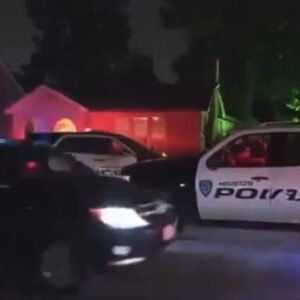The cops came to my door asking if I wanted them to move her along. My mother, who’d left when I was eleven, was parked down the street, claiming she just wanted to see me. The next day I found her on the hood of a faded car—thinner, sicker. She told me she was dying and wanted to spend her last days in “the house I raised you in.” I almost laughed.
She hadn’t raised me there—my dad had. Still, I bought her a week in a hotel. She began calling—for rides, for tea, for comfort. Slowly, I let her in. One night she admitted, “Your father was the best man I ever knew. I destroyed the one thing that mattered most.” Then a lawyer’s letter shattered me: years earlier, she’d forged Dad’s signature, leaving the house legally vulnerable. At the hospital, she wept—she’d been trying to fix it.
Days later, she handed me an envelope and a key. Inside her letter was a confession—and proof she’d saved for years. The safety deposit box held $42,000 and bonds. Enough to save the house. I rushed to tell her. She’d died that morning.
I buried her beside Dad and let the weight I carried for years finally ease. Forgiveness, I learned, isn’t erasing the past—it’s choosing to stop carrying it.




